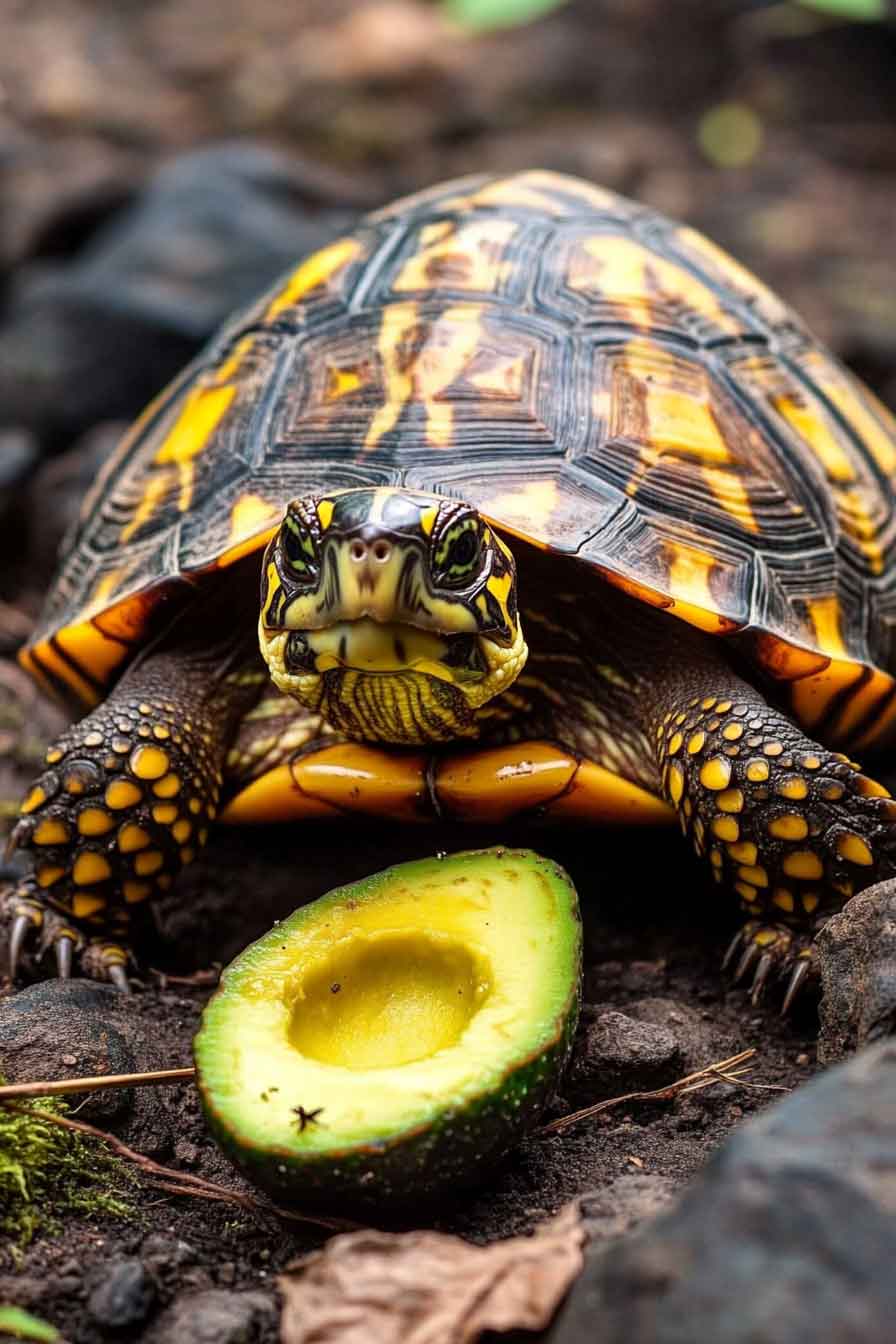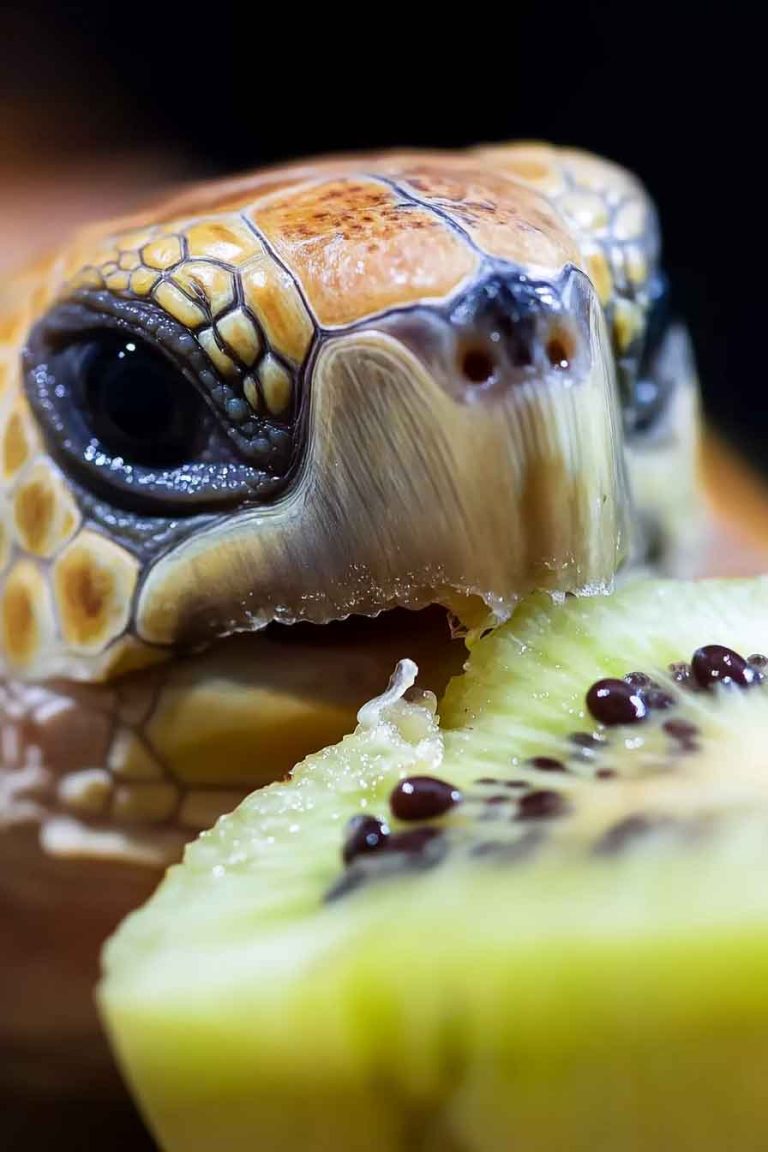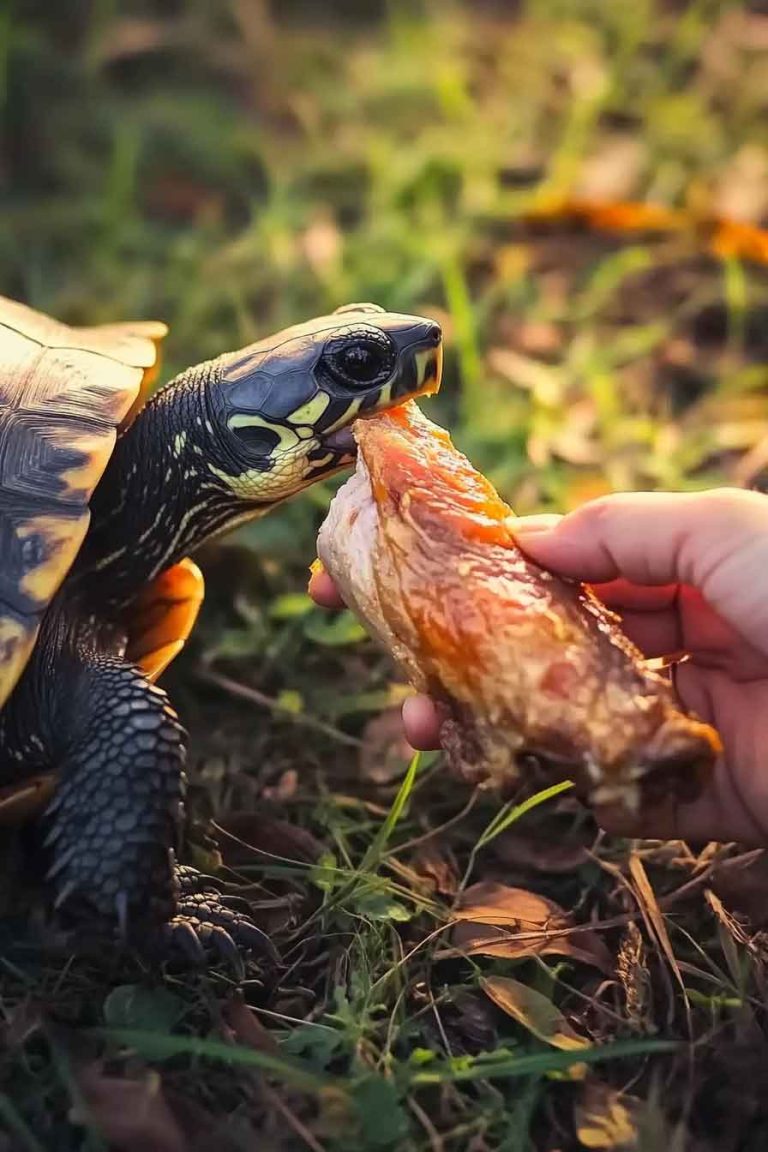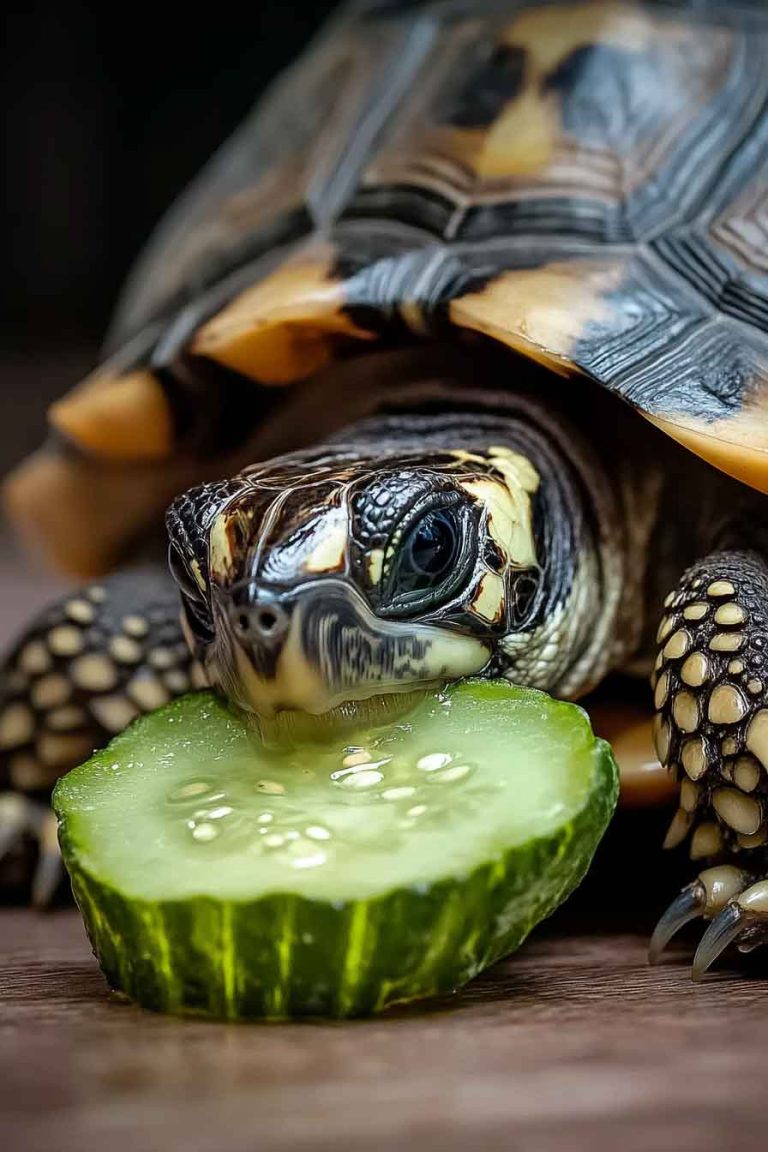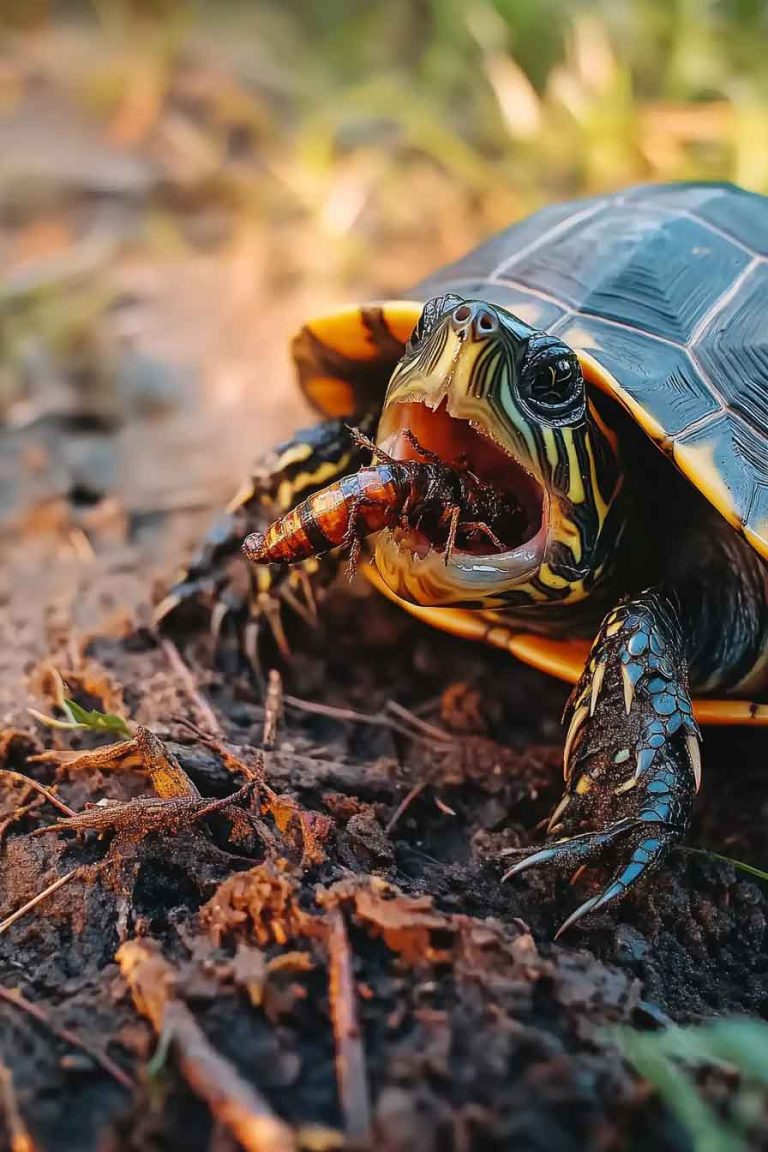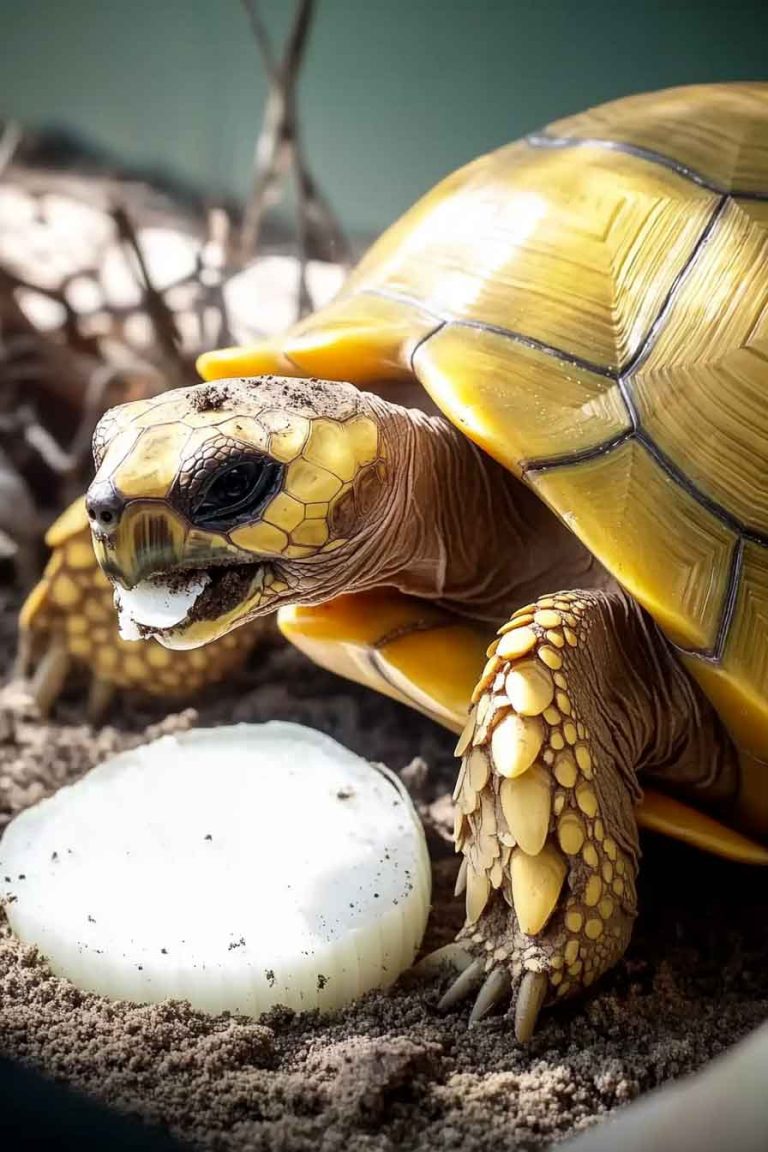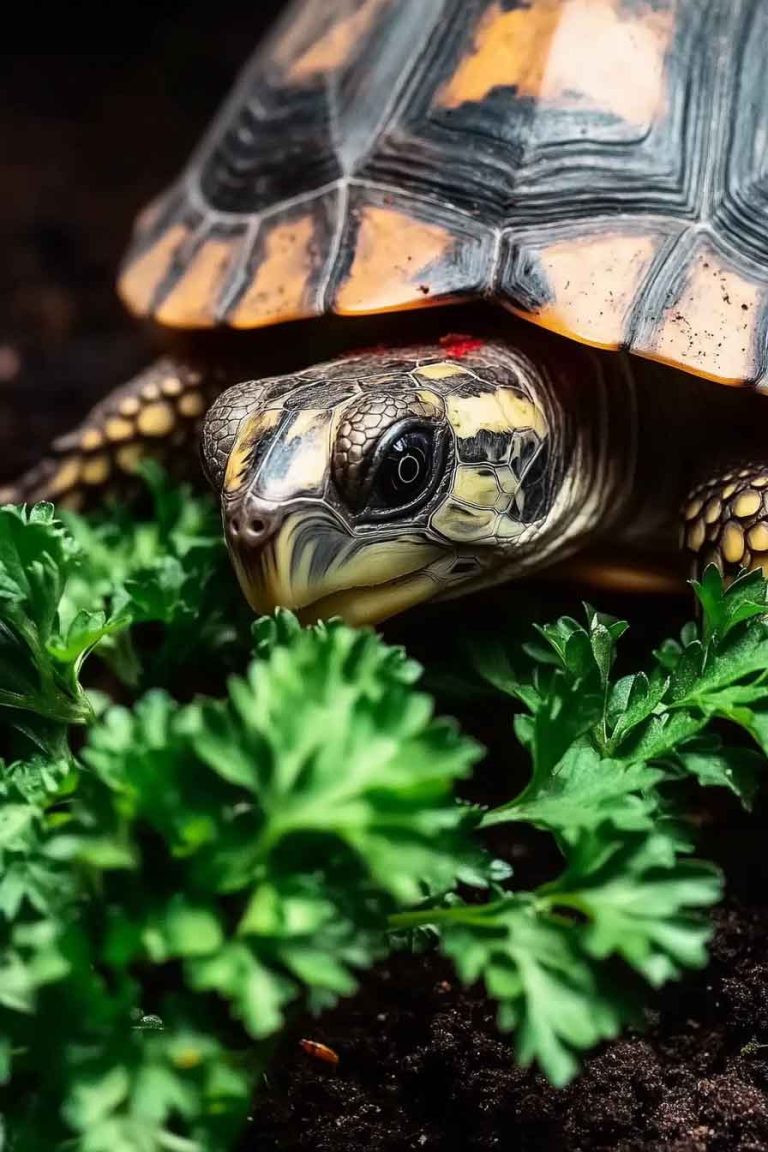Can Turtles Have Avocado? Here’s What You Should Know
If you’re a turtle owner like me, I know you’ve probably wondered about sharing some of your favorite foods with your shelled companion. Avocados are incredibly popular and nutritious for us humans, but when it comes to our turtle friends, the question becomes much more complex. So, can turtles eat avocado? The answer is absolutely…
If you’re a turtle owner like me, I know you’ve probably wondered about sharing some of your favorite foods with your shelled companion. Avocados are incredibly popular and nutritious for us humans, but when it comes to our turtle friends, the question becomes much more complex.
So, can turtles eat avocado? The answer is absolutely not – turtles should never eat avocado. Avocados contain a toxic compound called persin, which is extremely dangerous for turtles and can lead to serious health complications or even death. Every part of the avocado, including the flesh, pit, skin, and leaves, is toxic to turtles.
In this comprehensive guide, I’m going to explain exactly why avocados are so dangerous for turtles, what happens if your turtle accidentally consumes avocado, and what you should do in an emergency situation. Let’s dive deep into this important topic that every turtle owner needs to understand.
Can You Feed Avocados To Your Pet Turtle?
The short and definitive answer is never. I can’t stress this enough – avocados are one of the most dangerous foods you could ever give to a turtle. While we humans consider avocados a superfood packed with healthy fats and nutrients, they’re essentially poison to our reptilian friends.
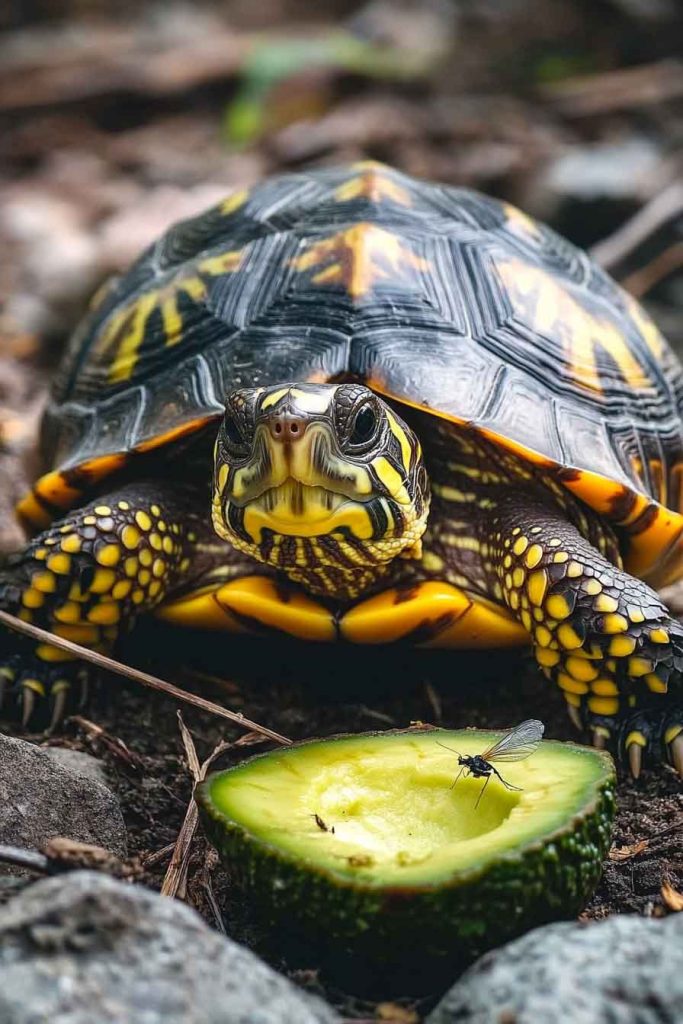
Many people make the mistake of thinking that because avocados are natural and healthy for humans, they must be safe for turtles too. This couldn’t be further from the truth. Turtles have completely different digestive systems and metabolic processes than we do.
Let me break down what’s actually in 100 grams of avocado so you can understand why it’s so problematic:
Nutritional Content of Avocado (per 100g):
- Calories: 160 kcal
- Total Fat: 14.7 g
- Saturated Fat: 2.1 g
- Carbohydrates: 8.5 g
- Sugar: 0.7 g
- Fiber: 6.7 g
- Protein: 2 g
- Calcium: 12 mg
- Phosphorus: 52 mg
- Potassium: 485 mg
- Magnesium: 29 mg
- Vitamin K: 21 mcg
- Folate: 81 mcg
- Persin: Variable amounts (the toxic compound)
Looking at this nutritional profile, you can see several red flags for turtle health. The fat content is extremely high – nearly 15% of the total weight. Turtles simply cannot process this amount of fat, and it will cause severe digestive distress.
Even more concerning is the calcium to phosphorus ratio. Turtles need a 2:1 calcium to phosphorus ratio for proper shell and bone development. Avocados have a terrible ratio of about 1:4 (calcium to phosphorus), which is the exact opposite of what turtles need.
But the real killer – literally – is the persin content. This compound is found throughout the entire avocado plant and is what makes avocados so toxic to turtles and many other animals.
Do Turtles Like Avocados?
Interestingly, some turtles might actually be attracted to avocado if offered. The creamy texture and mild flavor can appeal to them, which makes avocados even more dangerous. Unlike some toxic foods that turtles instinctively avoid, they might willingly eat avocado if given the chance.
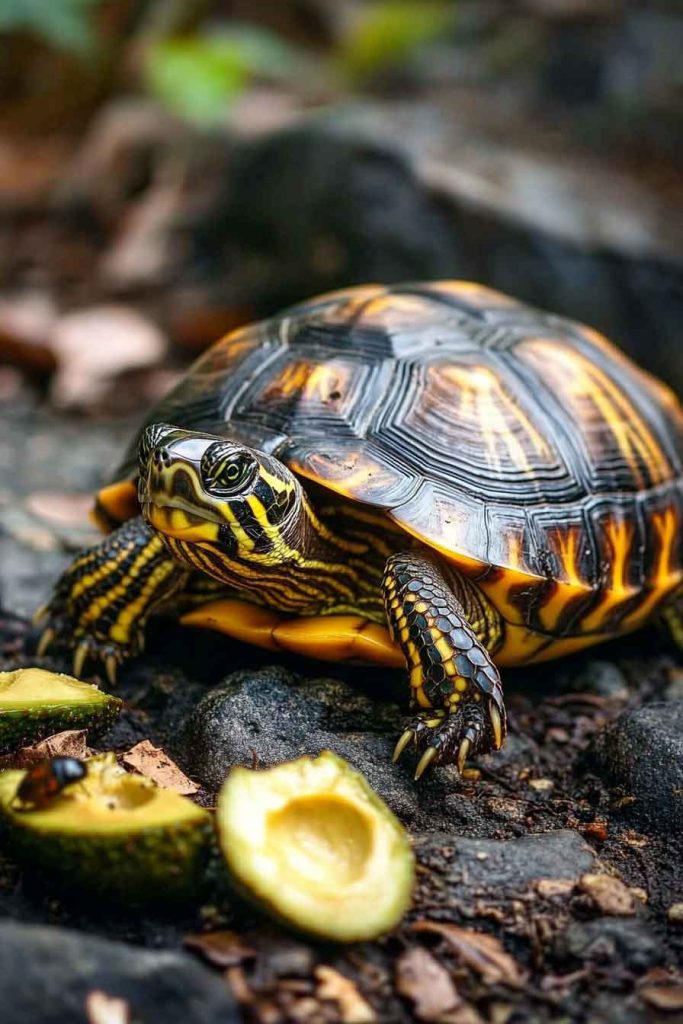
This is why it’s so crucial for us as responsible turtle owners to never leave avocados where our turtles can access them. They don’t know it’s dangerous, so it’s our job to protect them.
I’ve heard stories from other turtle owners whose pets have accidentally gotten into avocados, and the turtles often eat them eagerly before showing signs of toxicity. This delayed reaction makes avocado poisoning particularly insidious.
Health Risks for Turtles Eating Avocados
The health risks associated with turtles consuming avocados are severe and potentially fatal. Let me walk you through the major dangers:
Persin Poisoning
Persin is a fungicidal toxin that’s completely safe for humans but deadly for many animals, including turtles. When a turtle consumes persin, it affects their cardiovascular and respiratory systems.
The symptoms of persin poisoning in turtles include:
- Difficulty breathing
- Fluid accumulation around the heart
- Rapid heart rate followed by heart failure
- Sudden death in severe cases
What makes persin particularly dangerous is that there’s no specific antidote. Once a turtle has consumed enough avocado to cause persin poisoning, treatment becomes supportive care, and the outcome is often poor.
Severe Digestive Problems
The high fat content in avocados wreaks havoc on a turtle’s digestive system. Turtles are not designed to process such high amounts of fat, leading to:
- Severe diarrhea
- Vomiting
- Abdominal pain
- Bloating
- Complete digestive shutdown in severe cases
I’ve seen cases where turtles have developed pancreatitis from consuming high-fat foods like avocados. Pancreatitis in turtles is extremely serious and often fatal.
Calcium Deficiency and Metabolic Bone Disease
The terrible calcium to phosphorus ratio in avocados can contribute to metabolic bone disease (MBD) if consumed regularly. MBD causes:
- Soft, deformed shells
- Brittle bones that break easily
- Difficulty moving and swimming
- Pyramiding of shell scutes
- Eventually, death if left untreated
Obesity and Liver Disease
The high caloric and fat content can lead to rapid weight gain and fatty liver disease in turtles. Obese turtles have:
- Difficulty retracting into their shells
- Reduced mobility
- Increased risk of other health problems
- Shortened lifespan
How Much Avocado Should Turtles Eat?
The answer is simple: zero. There is no safe amount of avocado for turtles. Not a tiny piece, not a lick, not even touching food that’s been in contact with avocado.
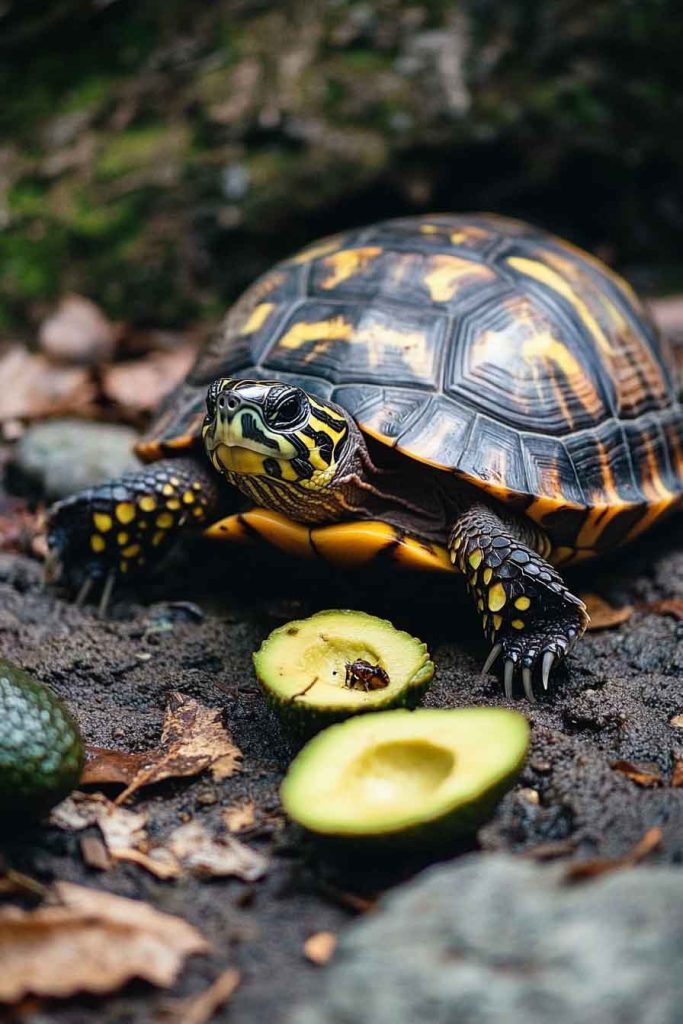
Even the smallest amount of avocado can trigger persin poisoning in sensitive turtles. The toxic dose varies between individual turtles, so there’s no way to know how much might be “safe” for your specific pet.
Some turtle owners have asked me if removing the pit and skin makes avocado safer. The answer is no – persin is found throughout the entire fruit, including the flesh that we humans eat.
Can You Feed Avocado to Baby Turtles?
Absolutely never. Baby turtles are even more susceptible to avocado toxicity than adult turtles. Their developing organs and smaller body size mean that even tiny amounts of persin can be fatal.
Baby turtles also have more sensitive digestive systems that can’t handle the high fat content. What might cause digestive upset in an adult turtle could be deadly for a hatchling.
If you have baby turtles, be extra vigilant about keeping avocados and any foods containing avocado completely away from them.
What to Do If Your Turtle Accidentally Eats Avocado
If your turtle has consumed avocado, this is a veterinary emergency. Here’s what you need to do immediately:
- Remove any remaining avocado from your turtle’s habitat
- Contact your exotic veterinarian immediately – don’t wait to see if symptoms develop
- Note the amount consumed and when it happened
- Monitor your turtle closely for signs of distress
- Follow your vet’s instructions exactly
Signs that require immediate veterinary attention include:
- Difficulty breathing
- Lethargy or weakness
- Vomiting or regurgitation
- Unusual behavior
- Difficulty moving
Time is critical in avocado poisoning cases. The sooner you get professional help, the better your turtle’s chances of survival.
Safe Alternatives to Avocado
Instead of avocado, I recommend these safe and nutritious foods for your turtle:
Leafy Greens:
- Collard greens
- Mustard greens
- Turnip greens
- Dandelion greens
- Romaine lettuce (in moderation)
Vegetables:
- Squash
- Bell peppers
- Carrots (occasionally)
- Sweet potatoes
- Zucchini
Fruits (as treats only):
- Strawberries
- Blueberries
- Melon
- Papaya
- Mango
Aquatic Plants:
- Water hyacinth
- Water lettuce
- Duckweed
- Elodea
Frequently Asked Questions (FAQs)
Can Box Turtles Eat Avocado?
No, box turtles are just as susceptible to avocado toxicity as any other turtle species. The persin compound is equally dangerous to terrestrial species like box turtles. Never feed avocado to box turtles.
Can Red-Eared Slider Turtles Eat Avocado?
Absolutely not. Red-eared sliders are particularly sensitive to dietary toxins, and avocado can be fatal to them. The high fat content is especially problematic for semi-aquatic species like red-eared sliders.
Can Painted Turtles Eat Avocado?
No, painted turtles should never consume avocado. Like all turtle species, they’re susceptible to persin poisoning and cannot process the high fat content safely.
What About Guacamole or Foods Containing Avocado?
Any food containing avocado is off-limits for turtles. This includes guacamole, avocado toast, salads with avocado, and any processed foods that contain avocado oil or extract.
Are Avocado Leaves and Bark Also Toxic?
Yes, the entire avocado plant is toxic to turtles. The leaves, bark, and pit contain even higher concentrations of persin than the fruit itself. Keep turtles away from avocado trees if you live in an area where they grow.
Can Cooking Avocado Make It Safe for Turtles?
No, cooking does not neutralize persin. Whether raw, cooked, baked, or processed, avocado remains toxic to turtles.
Conclusion
I cannot emphasize enough how important it is to keep avocados completely away from your turtle. While we might enjoy this creamy, nutritious fruit, it’s essentially poison to our shelled friends. The persin compound, high fat content, and poor calcium to phosphorus ratio make avocados one of the most dangerous foods a turtle can consume.
As responsible turtle owners, we must educate ourselves about what foods are safe and which ones pose serious health risks. When in doubt, stick to turtle-safe vegetables, appropriate commercial turtle foods, and consult with an exotic veterinarian about your turtle’s diet.
Remember, there are plenty of delicious and nutritious alternatives that your turtle will love and that will keep them healthy and happy. Your turtle depends on you to make the right choices for their wellbeing, and keeping avocados out of their diet is one of the most important decisions you can make.
If you found this article helpful, please share it with other turtle owners. The more we can educate the turtle-keeping community about these dangers, the more turtle lives we can save. Stay safe, and keep your shelled friends healthy!

